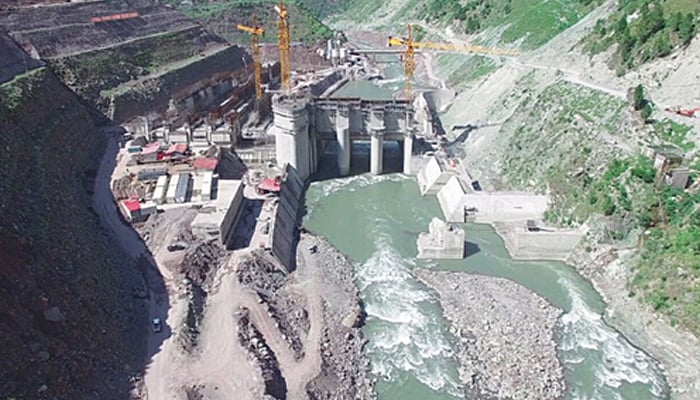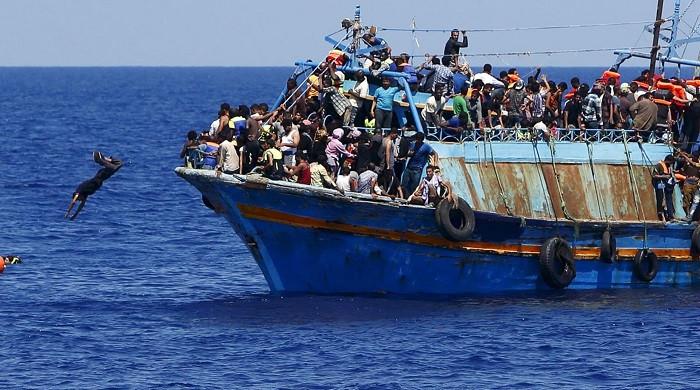Kishanganga project: Major victory for Pakistan against India at international court
Court has rejected Indian objections and declared Pakistan’s case admissible
July 06, 2023

- PCA, a non-UN intergovt organisation based in The Hague.
- India objected to court's jurisdiction over Kishanganga project.
- Court throws out objection, declares Pakistan's case admissible.
ISLAMABAD: In a major legal victory for Pakistan against its arch-rival India, the Court of Arbitration dismissed New Delhi's objection to the global justice body's jurisdiction over the Kishanganga Hydroelectric Project, sources told Geo News.
The Permanent Court of Arbitration (PCA) is a non-UN intergovernmental organisation located in The Hague.
The sources said that the court rejected the Indian objection and declared Pakistan’s case admissible. “It will now begin hearing the case on merit,” the sources added.
Islamabad approached the court in 2007 when the water supply to the country was affected after New Delhi started work on the Kishanganga project.
The International Court of Arbitration in 2013 allowed India to make conditional changes to the project design.
India had petitioned to remove the case from the jurisdiction of the international court.
Pakistan raised three objections to the Kishanganga project’s design saying that the pondage of the project is 7.5 million cubic metres, which is excessive and it should be one million cubic metres. Pakistan also wants India to raise intake by up to 1-4 metres and also raise the spillways up to nine metres high.
The legal battle between the two nations started in January to address the concerns raised by Pakistan over the controversial designs of two hydropower projects being constructed on the Jhelum and Chenab rivers.
The first hearing of the 330 MW Kishenganga and 850 MW Ratle Hydropower projects lasted for two days (January 27-28).
Pakistan’s delegation, headed by the secretary Water Resources Ministry and comprising Pakistan’s commissioner of Indus Waters, top officials of the Attorney General’s Office, and a team of international lawyers hired by the Government of Pakistan would advocate the country’s case for justice.
The World Bank had earlier constituted the Court of Arbitration on the demand of Pakistan. Likewise, it also formed a one-man neutral expert as was demanded by India.
Sean Murphy was appointed as the chairman of the Court of Arbitration (CoA) and Michel Lino as the neutral expert by the World Bank on October 17.











